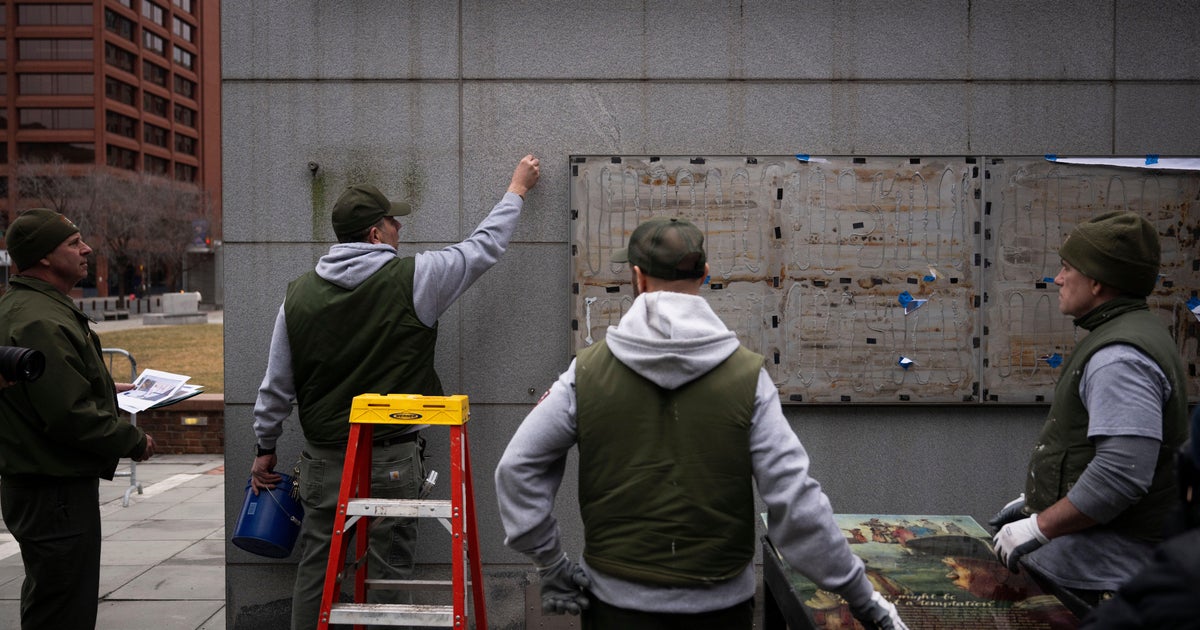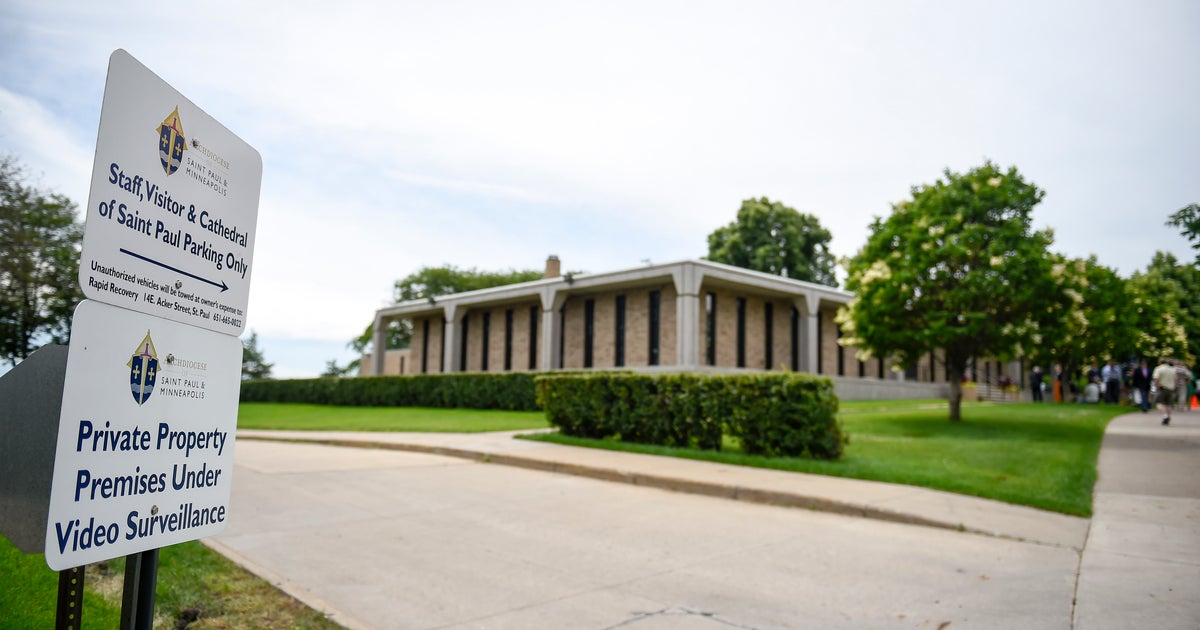Court Blocks Florida Order Lifting CDC Virus Rules On Cruise Ships
TALLAHASSEE (CBSMiami/NSF) - In a setback for the DeSantis administration, a federal appeals court has temporarily blocked a judge's ruling that sided with a Florida lawsuit challenging U.S. Centers for Disease Control and Prevention pandemic regulations for cruise ship operation.
Siding with the federal Centers for Disease Control and Prevention, a panel of the 11th U.S. Circuit Court of Appeals late Saturday approved a stay of a ruling last month by U.S. District Judge Steven Merryday that said the CDC overstepped its legal authority in placing restrictions on the cruise industry.
Merryday issued a preliminary injunction against the restrictions, with the injunction slated to take effect Sunday. But the stay issued Saturday prevented the injunction from taking effect while the Atlanta-based appeals court considers the underlying issues in the case.
The one-paragraph decision did not explain the appeals court's reasons for approving the stay but indicated that detailed opinions will be released. The decision was entered at 11:50 p.m. Saturday, according to a court docket.
Florida Attorney General Ashley Moody, backed by Gov. Ron DeSantis, filed the lawsuit in April, a year after the cruise industry was idled after high-profile COVID-19 outbreaks aboard ships early in the pandemic. The CDC in October issued what is known as a "conditional sailing order," which included a phased approach to resuming cruising, with ship operators needing to meet a series of requirements.
Merryday, who is based in Tampa, agreed with Florida's arguments that the CDC went beyond its legal authority in imposing the restrictions. But in asking the appeals court for a stay of Merryday's ruling, CDC attorneys argued that the "preliminary injunction rests on errors of law and is a clear abuse of the district court's discretion."
"All of the cruise ships at issue here are foreign-flagged vessels that must stop at one or more foreign ports during each voyage," U.S. Department of Justice attorneys wrote in the July 7 motion for a stay. "Cruise travel has the potential to introduce COVID-19 variants of concern into the United States from countries such as the Bahamas, Mexico, Honduras, Saint Maarten, Dominican Republic, Haiti, Aruba, and Saint Kitts and Nevis. The CDC has authority to make and enforce such regulations as in its judgment are necessary to prevent the introduction, transmission or spread of communicable disease from a foreign country into the United States."
But in a response filed last week, lawyers in Moody's office argued that Merryday's decision on the preliminary injunction was correct and that there "is no basis for granting any kind of a stay pending appeal." It also cited the economic impact of the restrictions on Florida's large cruise industry.
"The conditional sailing order exceeds the CDC's statutory authority," the state's response said. "Granting the CDC the power to inspect, disinfect and fumigate is miles away from effectively shutting down a billion-dollar industry."
The appeals-court panel that issued Saturday's ruling was made up of Judges Charles Wilson, Jill Pryor and Elizabeth Branch. The ruling said one judge dissented but did not identify that judge.
Wilson was appointed to the court by former President Bill Clinton; Pryor was appointed by former President Barack Obama; and Branch was appointed by former President Donald Trump. Merryday has served as a district judge since 1991, after being appointed by former President George Bush.
(©2021 CBS Local Media. All rights reserved. This material may not be published, broadcast, rewritten, or redistributed. The News Service of Florida's Jim Saunders contributed to this report.)







